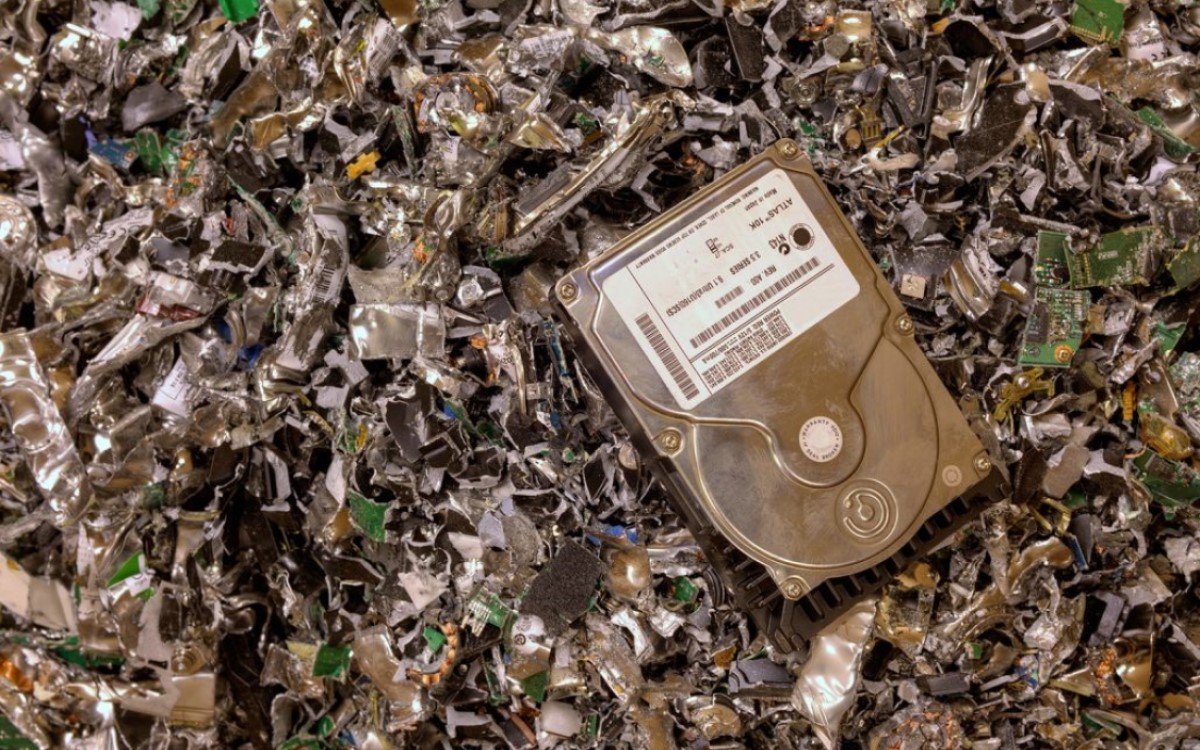Three-quarters of all used electrical appliances are not properly recycled. Yet sustainability is the latest trend in displays and digital signage. However, many German companies simply do not adhere to their own green guidelines – time to rethink.
Media are reporting daily about climate change and its consequences: global problems such as plastic waste and shortage of raw materials. Accordingly, many companies publicly devote themselves to adhere to the UN Sustainable Development Goals. However, masses of electronic hardware, including of course digital signage or workplace hardware, is not as recycled at the end of life as the could.
The study „Poor Sustainability Practices – Enterprises are overlooking the e-Waste Problem“ by Blancco, in cooperation with the market research institute Coleman Parkes, examined the sustainability of companies when it comes to e-waste. The data show: German companies promise more than they deliver.
We are leading the way in terms of good intentions: 95 percent of German companies have established guidelines for sustainability, so-called Corporate Social Responsibility, or CSR for short. Neighbouring countries such as France or Great Britain and even North America follow with a respectable 5 to 10 percent gap. And yet, only one in four German companies recycles or reuses discarded equipment. Hardly more than in the other nations.


Almost one third of German companies physically destroy IT equipment when it is no longer needed. In the mistaken belief that this is better for the environment. However, this type of disposal is only permitted if there is a destruction certificate and a complete audit trail. After all, if electronics are improperly disposed of and end up in a landfill, the toxic materials they contain, such as mercury and lead, damage the environment. And everyone exposed to them. At the same time, valuable components such as copper wires are not returned to the cycle.
The waste problem applies not only to hardware, but also to data. There are now more than 34 billion IT devices worldwide, generating 2.5 trillion bytes every day. According to research by Hewlett Packard Enterprise, only about 6 percent of all data ever created is currently used. The rest is in „cyber garbage“. Huge amounts of redundant, obsolete or trivial digital information are stored, consuming valuable energy resources.
Correct data disposal saves costs
As many businesses around the world fail to comply with guidelines, environmental experts are demanding stricter regulations and sanctions. „Given today’s global environmental challenges, sustainability should be a core value in any corporate strategy,“ says Fredrik Forslund, Vice President Enterprise and Cloud Erasure Solutions at Blancco. „Our research shows, however, that companies are doing too little in this area – this also affects German organizations. More environmentally friendly management of end-of-life IT resources, returning hardware to the recycling economy and removing unnecessary data in active environments should become standard practice“. Businesses should also consider that they can reduce energy consumption and thus costs if they regularly remove data securely – to be examined, for example, as part of a data lifecycle management initiative. A thought that might also interest digital signage users or network operators.
Get full access to all invidis yearbook articles – it’s free!
Download the industry bible for more analysis and market data. Secure your personal copy now – it’s free of charge.
